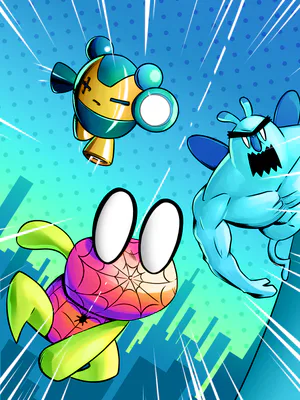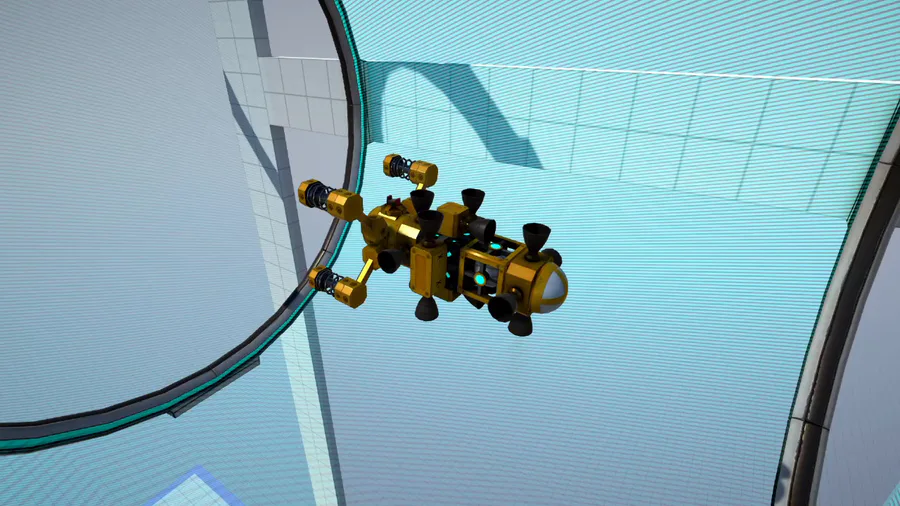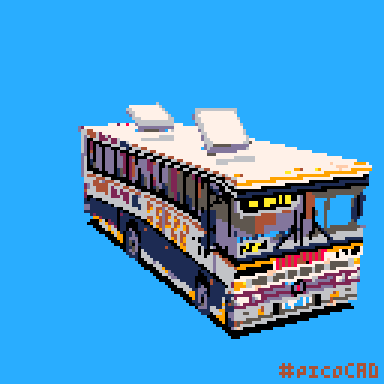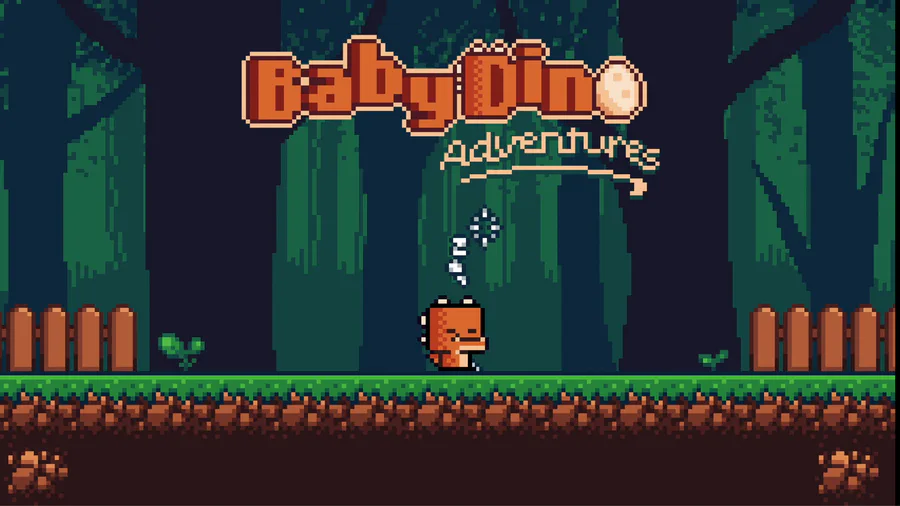Copypasta refers to a block of text, image, or video that gets repeatedly copied and pasted across various online platforms. While some instances can be humorous or informative, copypasta often takes on a disruptive or nonsensical nature.
Origin and Purpose:
Early Internet Culture: Copypasta emerged in the early days of internet forums and message boards, often used to express opinions, spread humor, or disrupt online discussions.
Spam and Trolling: Over time, copypasta evolved into a tool for spamming online communities and trolling users with nonsensical or offensive content.
Memes and Inside Jokes: Certain copypastas can evolve into memes or inside jokes within online communities, serving as a form of shared cultural reference.
Common Forms of Copypasta:
Wall of Text: Large blocks of nonsensical or irrelevant text meant to disrupt conversations or fill forum space.
Emojis and Symbols: Excessive use of emojis, punctuation marks, or symbols to convey a specific emotion or disrupt the flow of conversation.
Chain Letters and Urban Legends: Repetitive messages encouraging the recipient to forward them for good luck or instilling fear of bad consequences.
Song Lyrics, Movie Quotes, or Video Game Scripts: Large chunks of text copied directly from other sources, often used for humorous purposes or to reference a particular moment in pop culture.
Impact and Issues:
Disruption and Annoyance: Excessive copypasta can flood online communities, making it difficult to have meaningful discussions and hindering the overall user experience.
Spam and Misinformation: Copypasta can be used to spread misinformation or malicious links, posing a potential threat to online safety and security.
Loss of Originality and Dilution of Memes: The repetitive nature of copypasta can diminish the humor or cultural significance of original memes and jokes.
How to Deal with Copypasta:
Ignore and Report: The most effective way to deal with disruptive copypasta is to simply ignore it and report it to the platform's moderators.
Do Not Engage: Engaging with copypasta trolls can further encourage their disruptive behavior.
Promote Quality Content: Supporting the creation and sharing of original and valuable content can help mitigate the impact of copypasta in online spaces.
Conclusion:
Copypasta, while initially a playful aspect of internet culture, can become a nuisance and hinder online interactions. Understanding its various forms and potential negative impacts allows users to effectively respond and promote a healthy online environment.















2 comments